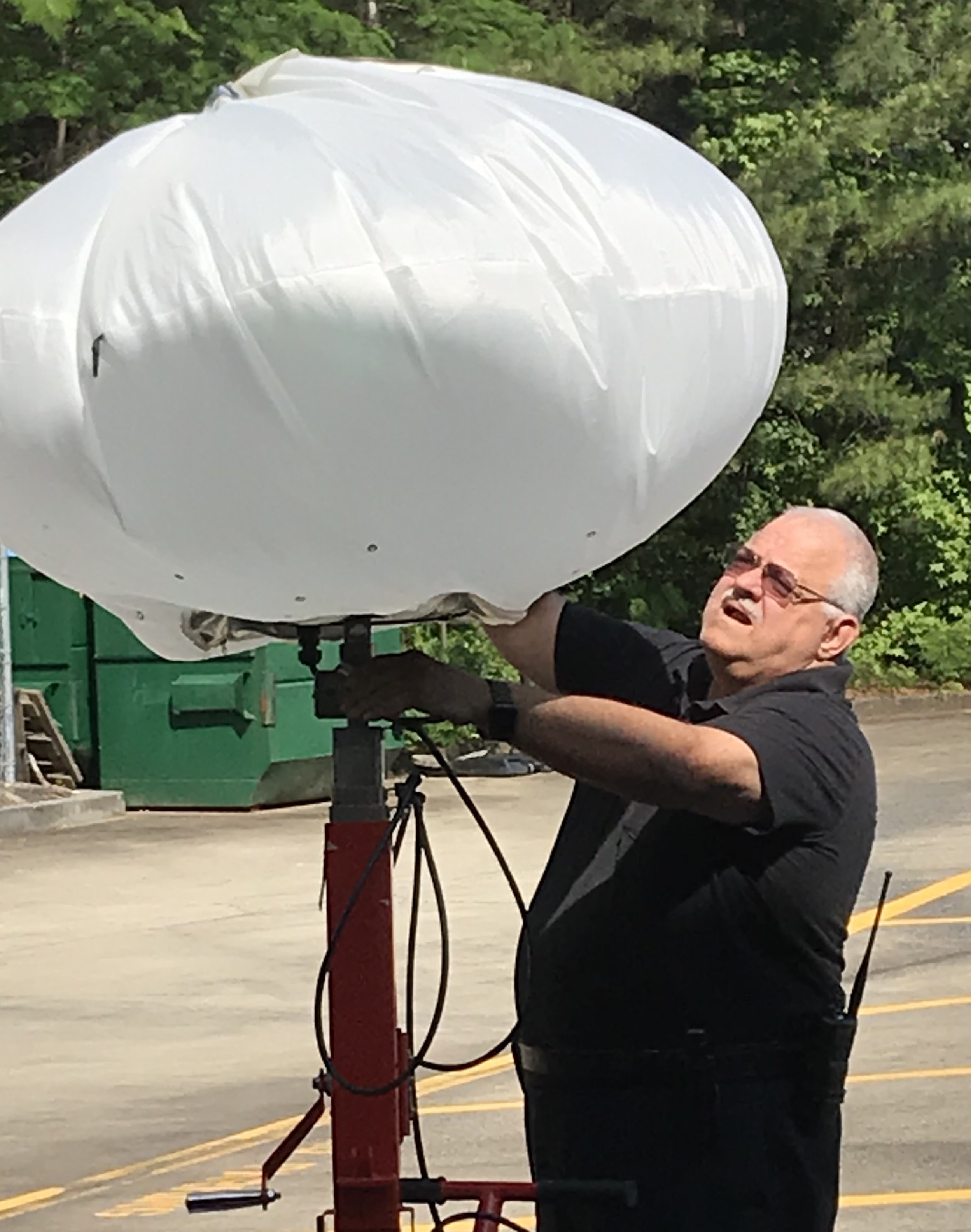[promo_content slug=”altizer-dec-2020-csos-promo”]
The old saying, “Good help is hard to find,” may be truer today than ever in emergency management with the U.S. economy experiencing record-high employment. Perhaps one of the most forgotten and untapped sources of qualified people to work in emergency management are folks who have retired. Retirees often have a vast background with diverse experiences, and many are eager to jump back into the workforce for a variety of reasons, including:
- To supplement their retirement income
- Health benefits
- To be part of a team again
- To experience worth
- To contribute
Additionally, some retired people find out that retirement is not for them and want to jump back into the workforce.
Retired people may wish to work full-time or part-time and come from a variety of backgrounds, including emergency management, first responders, logistics or the military.
The advantages of hiring seasoned retired staff are many and the challenges are few, and often only take some minor adjustments.
Advantages
While a strong understanding of the fundamentals of emergency management are essential, there is no substitute for experience. Seasoned emergency responders and managers have been exposed to multiple incidents and scenarios that have molded and affirmed their decision-making capabilities. They have put theory into practice. Typically, this pool of prospective employees, through experience, are detailed problem solvers. Experienced employees can mentor those who are beginning their careers.
The ability to understand the cause and effect of decision making during a crisis or an emergency is essential. Seasoned emergency managers bring to the job the benefit of perspective. The knowledge and maturity gained throughout their careers provides an invaluable understanding of how to effectively and efficiently manage essential tasks without distraction.
Part of having gained experience and perspective is also knowing how to be strategic and adaptive. These skills cannot be underestimated. Typically, emergency management programs have limited staffing and resources but are asked to address an infinite and ever-evolving list of issues and concerns. The ability to approach this paradigm strategically and with programmatic flexibility is essential to success. A mature and experienced employee understands this reality and provides the necessary leadership to obtain the required balance. Seasoned emergency managers have a strong sense of commitment and dedication to the mission of the program and an understanding of the needs of the community.
[promo_content slug=”altizer-csos-2020-promo”]
Hiring an elder retiree enhances organizational diversity. Someone who has been “around the block” a few times offers new and cultural experiences to the team.
Although not always the case, often seasoned employees have fewer personal issues and reduced outside time commitments. Other advantages of hiring from this workforce pool could include a reduction in operational costs. Many older workers are interested in part-time status that provides scheduling flexibility and a potential reduction in the cost of employee benefits. Lastly, training requirements and associated costs are reduced when hiring seasoned, experienced employees.
Challenges
Technology would likely be the challenge an older employee may face – especially someone returning to the workforce after being out for a while. Although the hallmark of the emergency management function will always be on building collaborative relationships, technology is more important than ever as it relates to communication (emergency and general), situational awareness, weather monitoring, event planning, etc.
It would be easy to generalize that older/retired workers will not have the same energy level as younger employees, but that would be a gross stereotype. Each retiree should be evaluated on an individual basis. Furthermore, an organization will not necessarily need everyone to have the same energy level, although endurance should be considered if the role requires sustained operational activity during emergency and recovery situations.
Although we cannot and should not judge a person by their physical capability, depending on the job duties as written in the position description, there could be challenges associated with lifting heavy equipment. Finally, seasoned employees might not garner the same level of respect from “young guns.” However, this is usually overcome when the younger employees learn the valuable benefits and experience that the seasoned employee brings to the department.
Give Retired Emergency Management Pros a Shot
Finding a seasoned person, perhaps even in a part-time position, gives your organization the opportunity to enhance your campus’ emergency management function and increase its overall preparedness. The limited challenges associated with a retired person can be overcome with proper management and flexibility. Experience, positive attitude and dedication are only a few of the benefits of hiring a retired seasoned worker. Seasoned employees are force multipliers and quickly become an important part of the team.
Andy Altizer is the director of emergency management at the Department of Public Safety for Kennesaw State University. Mike Mulhare is the Virginia Tech Assistant Vice President for Emergency Management.













